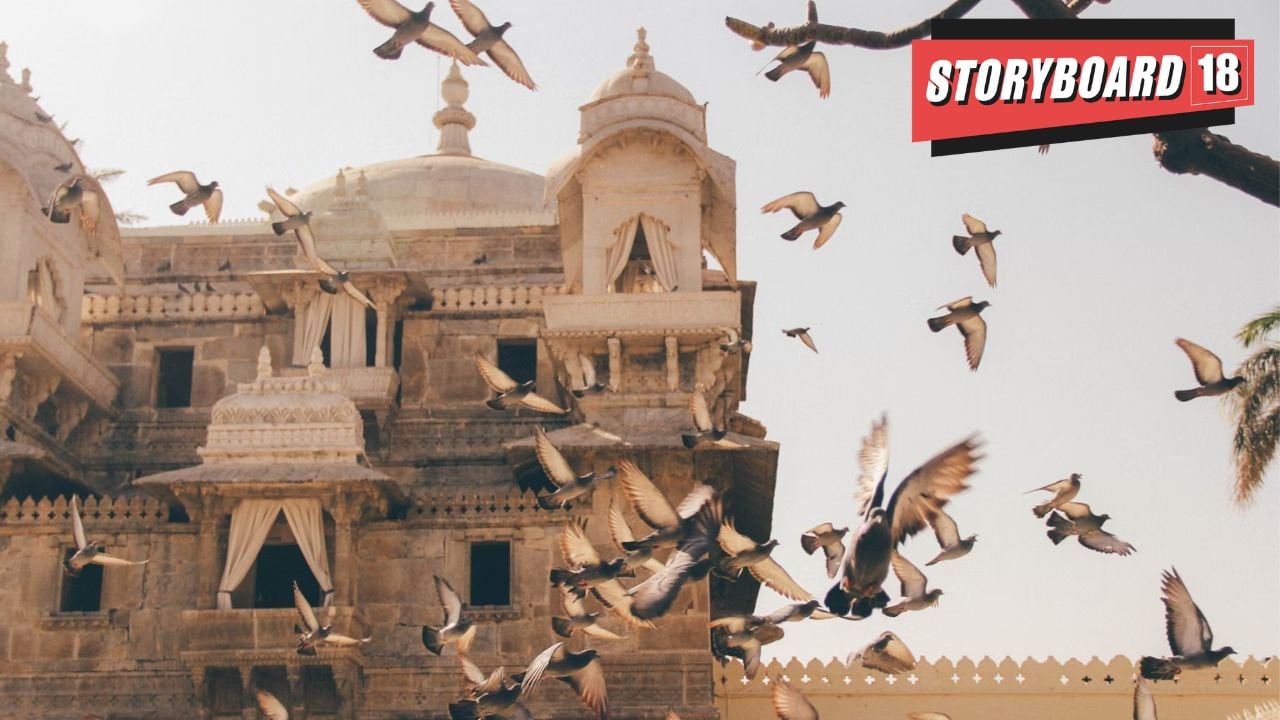There has been a deluge of books on Indian history in the last couple of years alone and it has become almost difficult to keep pace with this unbridled enthusiasm to be identified as a historian. The definition of the word ‘authoritative author’ or ‘historian’ are also rapidly evolving; most times, they’re being confused with ‘on-stage eloquence.’ So much so, that this compilation is also at best an opinion.
Ahead of the Republic Day weekend, here’s our pick of five books to read to know India better!
1. INDIA AFTER GANDHI: RAMCHANDRA GUHA
The documentation of Indian history has for all practical purposes, been about its pre-independence travails and the assassination of Mahatma Gandhi in 1948. Breathing life into a partition-battered nation and giving it a semblance of a structure came after. Ramchandra Guha published the first edition of the book in 2007 and has added chapters and new epilogues in subsequent editions. Even if the entire book is deemed to be a mix of history and opinion, both are worth noting.
2. WILLIAM DALRYMPLE: THE GOLDEN ROAD
Prepare to forget the China-centric narrative of the Silk Road. William Dalrymple chalks out a meticulous path in ‘The Golden Road’; the trail of art, religion, mathematics, literature and mythology across the world- that India blazed between 250 BC and 1200AD. Evidences and inferences come together in the book to offer quotable quotes even to the dilettante; for instance, at Angkor Wat – the largest Hindu temple in the world – the moat surrounding the temple complex is four times the size of Vatican City. Indian mathematics – the number symbols, the decimal system, algebra, trigonometry – first passed from India to Abbasid Baghdad in the late eighth century. The notes and bibliography are almost as weighty as the narrative itself.
3. FREEDOM AT MIDNIGHT BY DOMINIQUE LAPIERE AND LARRY COLLINS
Ok, maybe you expected this one to be on the list. A book who’s first, middle and last name is just ‘controversy.’ But a point of view, nevertheless!
4. AMBEDKAR: A LIFE BY DR SHASHI THAROOR
How did Ambedkar imbue determination into his crusade to invest India with a visionary Constitution that put the inalienable rights of the individual and protect modern conceptions of social justice? What was his relationship with Gandhi and Nehru? The masterful Shashi Tharoor describes the many humiliations and hurdles that Ambedkar had to overcome in a society that stigmatized the community he was born into and what he made of himself in the process!
5. THE SHORTEST HISTORY OF INDIA: JOHN ZUBRZYCKI
We have reviewed this one in our column before! Consider this question – when invaders write the history of their conquests; would it be in their interest to write a true account? Or would they write a version that serves them? To what extent do ‘primary sources,’ such as a preserved letter, represent facts?
For instance, was the Battle of Plassey a skirmish or a decisive war? And should this be open to debate? The book endeavours to paint a broad canvas of India, spanning the age before Christ – there is a reference to the Upanishads written between 800 to 300 BC and a time in 240 BC when the Buddhist council was instructed by Emperor Ashoka to spread Buddha’s teachings to other countries – all the way up to the modern day BJP Government. Citing several tomes, John Zubrzycki, the Australian author says that ‘as the world’s oldest continuous civilization, India has much to draw on and even more to offer to the world.”
Please reach out and tell us which books should absolutely be on this list!
Reeta Ramamurthy Gupta is a columnist and bestselling biographer. She is credited with the internationally acclaimed Red Dot Experiment, a decadal six-nation study on how ‘culture impacts communication.’ Asia’s first reading coach, you can find her on Instagram @OfficialReetaGupta.
Read More: New age podcasters, old world reading?
